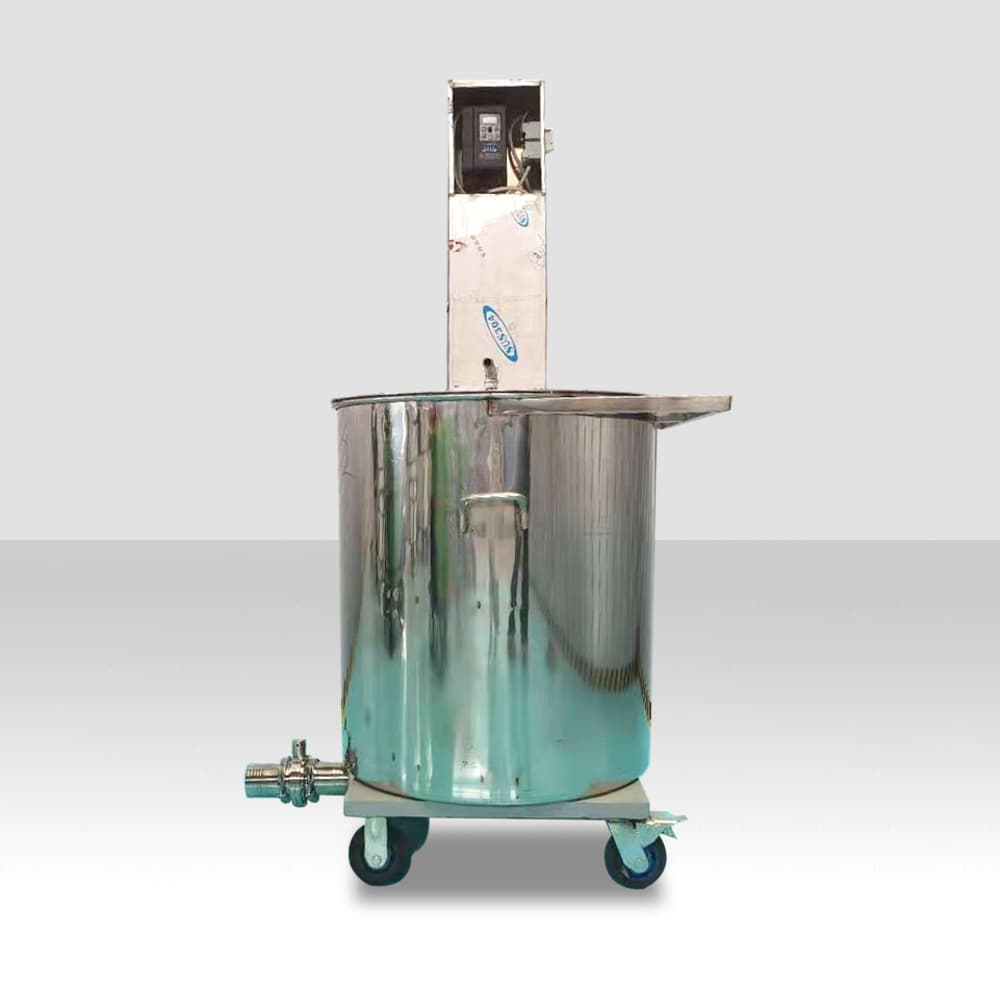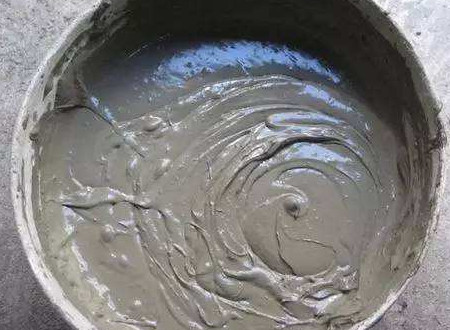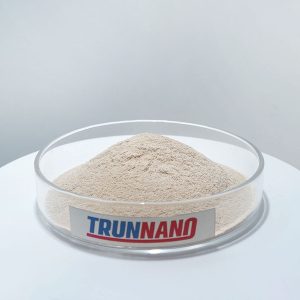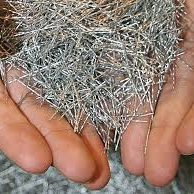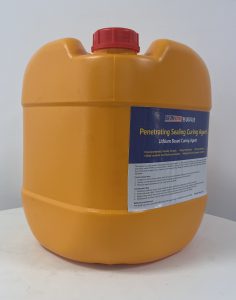Professional solutions on concrete addtives, Concrete Foaming Agent, Superplasticizer, CLC Blocks Additives, and foaming machine
(The difference between potassium silicate and sodium silicate)
Sodium silicate and potassium silicate are two common inorganic compounds that play important roles in many different applications. Although they both contain the elements silicon and oxygen, there are some important differences between them. In this article, we will compare sodium silicate and potassium silicate to help you understand their properties and uses.
Chemical composition
The chemical formula for sodium silicate is Na2SiO3, which contains the elements sodium, silicon, and oxygen. Potassium silicate has the chemical formula K2SiO3, which contains the elements potassium, silicon, and oxygen. The main difference between these two is the metal ions they contain.
Let's look at these two compounds from a structural point of view. Sodium silicate contains two sodium ions in the molecule, which combine with a silicate ion (SiO3 2) to form a stable structure, whereas potassium silicate has a similar structure but with two potassium ions, and this small structural difference makes sodium silicate and potassium silicate exhibit some differences in their physical properties.
Solubility
Sodium silicate is relatively soluble in water and is therefore used as a mold release agent, cleaner, and lubricant in many industrial applications. Potassium silicate is also soluble in water, but less so than sodium silicate.
There is also a difference in solubility between the two, with sodium silicate dissolving better in water and combining quickly with water molecules to form a solution, whereas potassium silicate is less soluble and takes longer to fully dissolve, meaning that when using both compounds in the laboratory it is necessary to select the appropriate chemical reagent to suit the specific needs of the experiment.
Uses
Sodium silicate is commonly used in the glass manufacturing, pulp and paper industries, and in some water treatment processes. Sodium silicate is also used as a flame suppressant because it inhibits the spread of flames. Potassium silicate is primarily used in the manufacture of soaps and detergents and some areas of water treatment. It is also used as a substitute for sodium silicate, but in some applications, such as the manufacture of glass, sodium silicate is more common.
The uses of sodium silicate and potassium silicate differ from each other, with sodium silicate often used in glass manufacturing, detergent production, and water treatment, and due to its ability to resist corrosion, sodium silicate is widely used in circulating and boiler applications, while sodium silicate is also able to be used in industries such as wet aluminum refining, ceramics, and pulp manufacturing.
Properties
Sodium silicate and potassium silicate are chemically similar, but some of their properties differ due to the metal ions. Sodium silicate often appears basic, while potassium silicate appears acidic or neutral. This affects their behavior in different chemical reactions.
Health and Environmental Considerations
Sodium silicate and potassium silicate are generally safe in appropriate applications but may have negative health and environmental effects in high concentrations. Therefore, proper safety and environmental practices need to be followed when using these two compounds.
Overall, sodium silicate and potassium silicate are two compounds that have a wide range of applications in industry and the chemical industry. They are similar in some aspects but there are some important differences such as chemical composition, solubility, uses, and properties. The choice of which compound to use depends on the specific application requirements and condition.
Sodium silicate and potassium silicate supplier
TRUNNANO is a reliable concrete additives supplier with over 12-year experience in nano-building energy conservation and nanotechnology development.
If you are looking for high-quality concrete additives, please feel free to contact us and send an inquiry. (sales@cabr-concrete.com)
We accept payment via Credit Card, T/T, West Union, and Paypal. TRUNNANO will ship the goods to customers overseas through FedEx, DHL, by air, or by sea.
(The difference between potassium silicate and sodium silicate)


